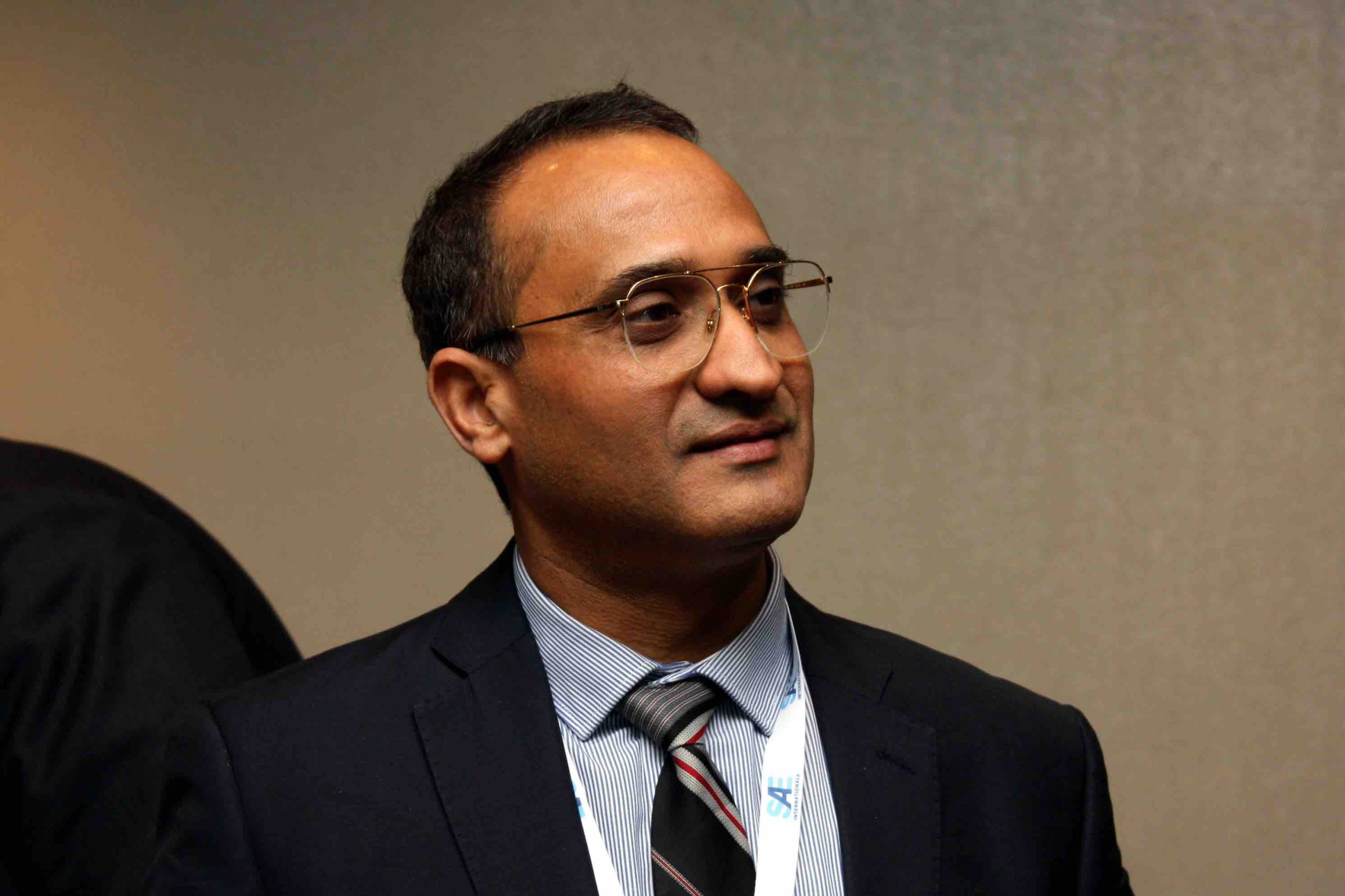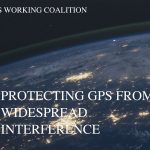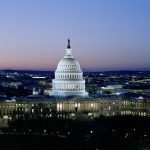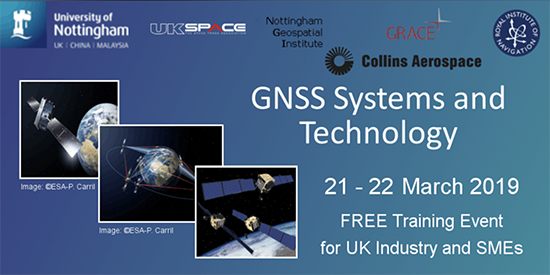At the recent SAE conference in Brussels, during a roundtable discussion moderated by Christina Anagnostopoulou of the National Technical University of Athens, talk turned to the role of GNSS and other positioning, navigation and timing (PNT) technologies in urban drone operations.
Some governments, it was noted, remain less than optimally aware of the significance of such technologies, not just for emerging mobility applications, but across the board in sectors various and sundry.
“There is a bridge required,” said Rajesh Tiwari, Senior Scientist at QinetiQ, and SAE PNT Committee member, “From the research community to elements in government, like the standardization bodies, for example. We all know there are lots of services that depend on GNSS, and if GNSS went out there would be heavy consequences.”
Tiwari asked permission to tell a story. The group assented. “The UK has a national risk register,” he said, “and up to just a couple of years ago, GNSS was not entered in that risk register.”
Chuckles were heard. Gonzalo Martin de Mercado, PNT Competitiveness Manager for the European Space Agency, said what everyone was thinking: “Losing GNSS, as of today, is the most important non-catastrophic risk for any country.”
“So, about two years ago,” Tiwari continued, “you can look it up, there was a report by a pool of people and companies who work in GNSS, including my own company. It was all about which industries would be affected if GNSS went down, and what would be the loss, and the number they came up with was around one billion pounds per day. Very quickly, GNSS got added to the UK’s national risk register. Sometimes governments need to be scared.”
Funny or alarming?
Martin de Mercado, being familiar with the report in question, said, “This study was done when the UK Brexit process was already underway, and people were saying, ‘OK, we are going to lose access to certain capabilities of Galileo, EGNOS, etcetera’. So they wanted to understand what could happen.”
“The politician doesn’t like all that technical stuff,” Tiwari said, “but if you say ‘a billion pounds’, they understand. They take notice.”
“It’s important for industry too,” Martin de Mercado said. “Without a number, you as an industry don’t have a motivation to say ‘Huh, there’s a market, there’s an opportunity’. The UK has actually been amazing, because the government published that report and there has been a concrete response. We’ve seen the federation of a lot of the industry there, starting to see PNT, mobility, all kind of things, as a market for them, and then launching some commercial things and some projects with the government.
“It’s very curious,” he said. “Nobody in Europe has actually done a similar analysis, to understand the impact of a loss of GNSS for European society.” Some numbers have been floated, suggesting something like seven to eight percent of European GDP, for example, but, Martin de Mercado said, sources for such figures have tended to be vague.
“So it would be very interesting to try to do something similar at European Union level, something high-profile and authoritative, to try to stimulate the initiative of the private industry.” The European Commission would seem to be well positioned to undertake that kind of study. Were it to do so, we would certainly be among those watching with interest.






